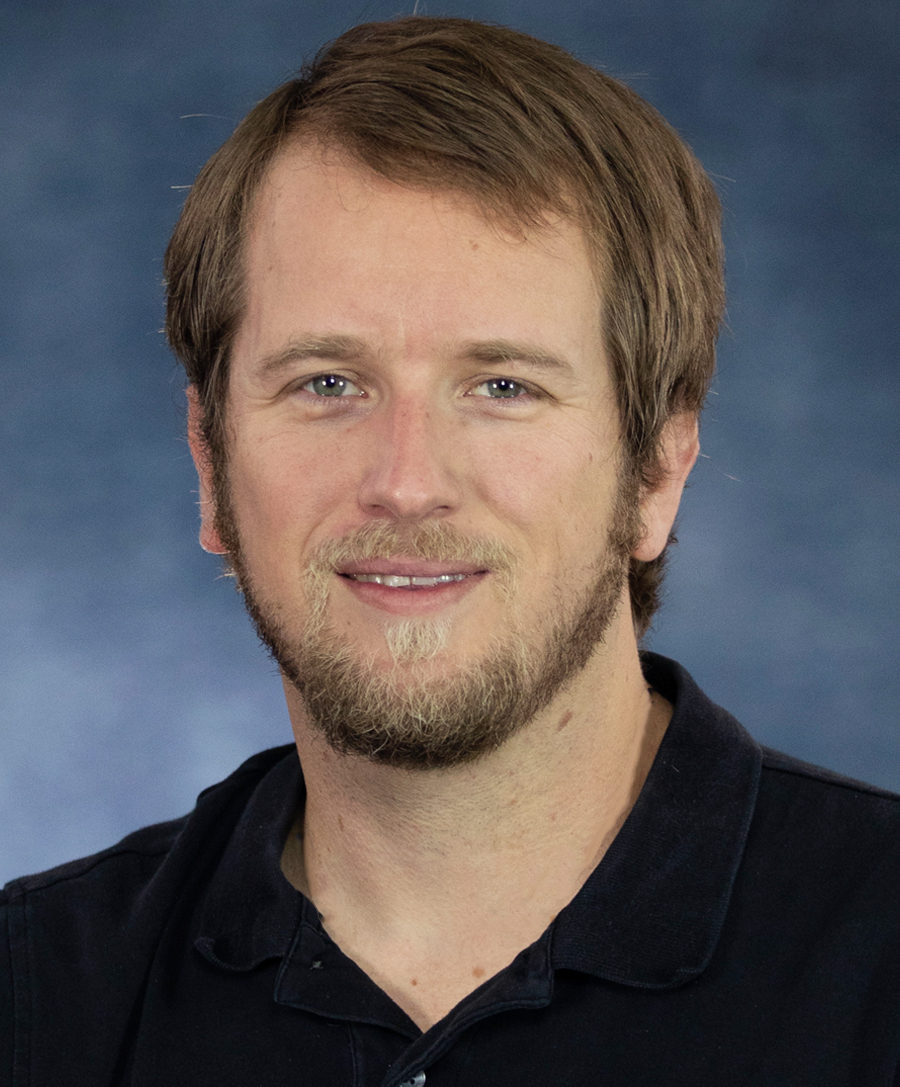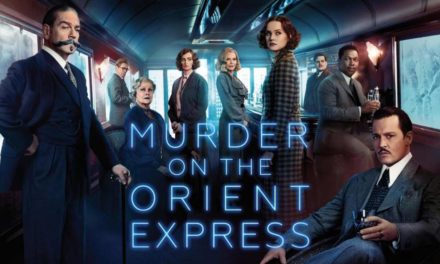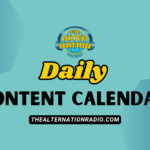
The Nature of Digital Media
Brandon Smith is the Manager of TV Production at Gulf Coast State College in Panama City, FL. He is 38 and resides in the Bay County area. Brandon has worked in the digital media industry for roughly 20 years; he’s been employed at the college for the last 7 years.
In full transparency, I had not originally planned on covering Brandon from a digital media angle. I expected to learn about him as a person separate from the industry – what his average day looked like, what cereal he preferred, the names of his pets, what he valued. I was partially successful in this as one of his values is, of course, digital media (and innovating technology in general). In the end, digital media was proven to be the better angle.
What stuck out to me throughout this interview was the nature of Brandon’s answers. Most people love the opportunity to talk about themselves- a lot do it unprovoked. When asked about his own life, Brandon kept bringing it back to the digital media program and the industry as a whole.
Admittedly, I’m not at all a therapist and my level of expertise with psychoanalyzing stops at binge-watching Criminal Minds. I believe that Brandon’s focus, when it comes to his position, is less about the individual characteristics and more about the greater benefit of the program as a whole.
Throughout the entire interview, Brandon rarely said “I” in response to any questions related to his personal experience or opinions. Instead, it was typically “we” or “our” (generally referencing the collective of the digital media program, staff, or the collective “we” as a human race).
Interview
What follows are the most notable questions and answers from my interview with Brandon Smith:
What is your role at Gulf Coast State College?
“My current title is Manager of TV Production. Here at Gulf Coast State College, we have a local TV channel . . . and what we do on our TV channel is we try to air a lot of content that the students create, our student production, say for example a basketball or athletic event or something, or Visual Performing Arts has a play that we have broadcast rights to. We put that content on there to kinda show the community what this college is capable of and what events or services are available for the students who are looking to, you know, jump into college. . .”
Brandon went on to tell me more about the college,
“We’re a very very small department. And this campus is very large – there’s a lot of buildings and different divisions. And with digital media, we work with every department just about, so from Health Sciences to Athletics to Visual Performing Arts to the marketing department here at campus to the Unmanned Vehicles Program. So whatever we’ve been asked we try to accommodate and help the folks out, whether it’s making an interview for a faculty member, or citizen science lectures . . . or anything really. It just depends on what’s scheduled for that week. It’s pretty hectic, ya know, being a small group.
Brandon also talked about his personal perspective on digital media and the impact it has,
“And with digital media, I always tell everybody that because of the pandemic we realized how important digital media is. How we’re able to take something visually and get it to the consumer where they can visually see, watch, learn, listen without having to be there at that location.”
What do you personally enjoy about working with media?
“Well, Digital media to me I think- we’re a generation now where everyone has a smartphone. It’s at our fingertips, it’s content on demand. We’re able to get more and more information just by using our fingers. We’re always ingesting something, always learning. Back when I went to school, a lot of the time you used books when you had to research something. You didn’t have smartphones or quick laptops. . . And because of the power of the internet now, we’re able to get information to you now with the snap of a finger.
The digital media world has changed dramatically and I really believe it goes back to what Steve Jobs did back in 2009 when he held up a phone and said “Hey, this is the future.” . . . As you can see now, apps are developed for just about anything. Facebook’s one of the largest social media platforms in the world, and if you remember Facebook in the beginning it was just text and pictures. And then it evolved into short clips and then now video content. . . We’re able to take far-reaching aspects of the digital media platform and distribute it and it can be seen by folks anywhere they have an internet connection. The possibilities that media opens up are endless.”
What do you enjoy most about your day?
“Well, it’s probably creating the content and seeing the end result. People don’t realize once they do it and figure it out present an end product that wasn’t as complicated- it’s always like learning something for the first time. You don’t know how it’s going to work and then you create it and get an end result and then hear people say “Wow that’s really good” and then the students are like “Wait, I did that?” – I think that’s probably one of the coolest things.”
Do you have a favorite memory working with digital media?
“Our ESPN basketball broadcast for the University of Florida women’s basketball team. In 2016, they were undergoing a renovation in their gymnasium . . . so they had to play a lot of their home games away. We got offered a chance to host one of their games. Their team traveled here and it’s an SCC network broadcast, and when they found out that we had a production program they said “Hey if you guys can do it . . . we’ll put it on the SCC network. So they sent us the encoder, we did the tests, and when the basketball game started we did the broadcast. And the time it left our production facility and appeared on the SCC network was 45 seconds later. . . . Stuff left our production from a small little college in Panama City and was on the SCC network where thousands of people were watching potentially – and it was all done by students.”





